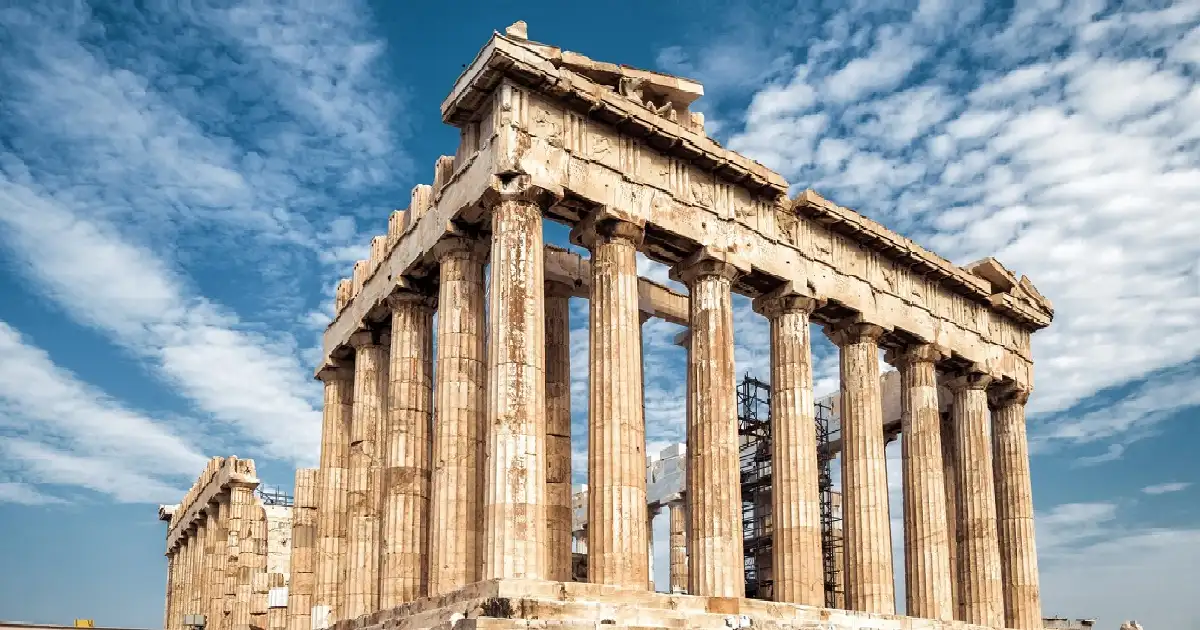Encyclopedia
Michelle Flores Acosta
What is Proxenia?
- Diplomatic negotiations were maintained through the Pimps, since the embassies of another city went first to their pimp.

Ancient Greece knew various types of social organization that followed each other. Proxenia or hospitality represents the oldest form of international bonds of peace and international law in Greece, it existed between gens, individuals, tribes and states [1].
The inhabitant of a city (Proxene) welcomed both private citizens and ambassadors from another city, provided his services as a public guest and protected his compatriots before the Greek polis where he lived, in exchange for honorary privileges. Diplomatic negotiations were maintained through the Pimps, since the embassies of another city went first to their pimp.
Greek citizens are characterized by being hospitable to non-hostile outsiders. All foreigners who lived in a city, including those who had been expelled from their environment, were under the protection of Zeus Xenio (god of hospitality) who protected the fugitive who begged for protection, foreigners who did not have legal rights enjoyed rights as a guest for the protection that religion consecrated, since Zeus Xenio would be in charge of returning the evil to those who offended his guest.
In Ancient Greece there were three classes of pimps, those who were dedicated to political life received ambassadors and members of the diplomatic corps, who were dedicated to carrying out religious ceremonies in the Oracle of Delphi when the states wanted to make sacrifices to honor the god Apollo they sent special ambassadors called Theotropes, finally, the pimps dedicated to activities for commercial purposes [2].
Taking into consideration the treaties, alliances and agreements between the Greek City-States, the Proxenia acted not only as a hospital institution but also as an institution in charge of intelligence to determine the political and military direction of a State towards the another, thus became an indirect instrument of control of the allies, exercised by the allies themselves [3].
Traditionally, it is considered that the first pimps were those who defended the interests of the Greek merchants settled in the Egyptian city of Naucratis, in the Nile delta, during the Reign of Pharaoh Amasis (6th century BC) [4]. The figure of the pimp was very similar to that of the consul today, they used a special seal, on the doors of their houses they placed the shield of the city they represented. The pimp defended the interests of his city and at the same time acted as an intermediary between the city they inhabited and the authorities of his own polis.
The Proxenia functioned as an institution regulating hospitality relations between Greek cities, became widely generalized, and served as the basis for all subsequent international ties in the Greek world. Consular relations, as they are known today, have their origin in Rome, but they sink their roots in Proxenia.
Sources
[1] V.P. Vladimir Potemkin y Otros (1966). Historia de la Diplomacia Tomo I. Editorial Grijalbo, S. A. México, D. F.
[2] André Gerolymatos, Espionage and Treason. A study of the Proxenia in political intelligence gathering in Classical Grecee. J. C. Gieben, Amsterdam,1986
[3] Sayas Abengochea, J.J. y otros. Historia de la Grecia Antigua. Salamanca: USAL, 2008, p. 218.
[4] LA INSTITUCIÓN DE LA PROXENIA: LOS PRIMEROS CÓNSULES. En el texto: (La institución de la proxenia: los primeros cónsules, 2015)Bibliografía: Anécdotas y curiosidades jurídicas, 2015. La institución de la proxenia: los primeros cónsules Recuperado de http://archivodeinalbis.blogspot.com/2015/12/la-institucion-de-la-proxenia-los.html

